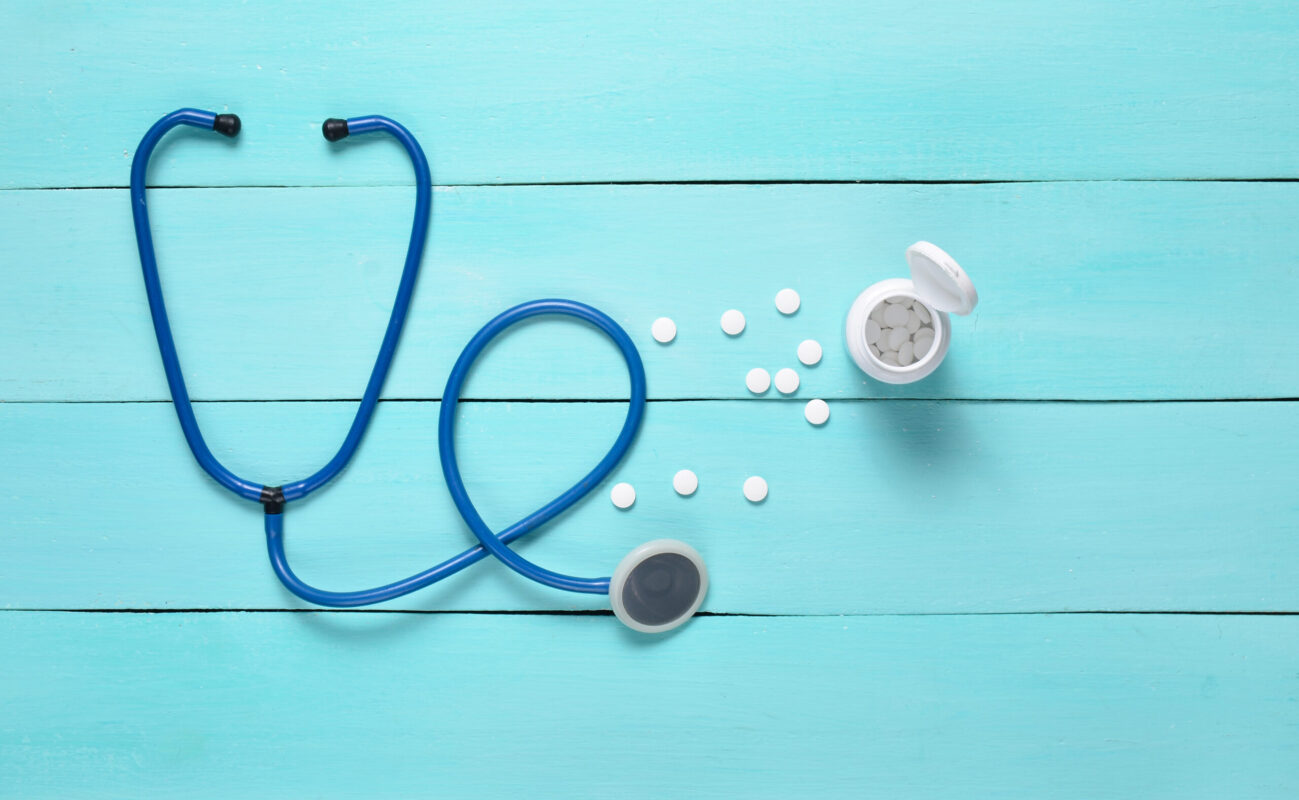When you have diabetes, you’re at greater risk for developing cardiovascular disease. That means you’re at elevated risk for having a heart attack or stroke. As a result, experts frequently recommend taking a statin to lower your cholesterol and reduce your risk.
WellTuned spoke with Dr. Ian Hamilton, a medical director for BlueCross BlueShield of Tennessee, about why statins are often part of a diabetes care plan.
Why statins are important for people with diabetes
Dr. Hamilton: Statins help lower your low-density lipoprotein (LDL), also known as the “bad” cholesterol. They achieve this by interfering with your liver’s ability to produce cholesterol.
People with diabetes have a greater tendency to develop atherosclerosis, which is a build-up of plaque inside the arteries, earlier in life. Statins also can reduce the build-up of plaque along the walls of your arteries. They even can prevent those plaques from rupturing and sending material out to cause blockages of your blood vessels.
If a blockage occurs, the damage or effect would depend on the location. A blockage to the heart could lead to a heart attack. A blockage to the kidneys could lead to decreased kidney function. This is important because diabetes is the leading cause of kidney disease. In fact, all blood vessels are essentially at risk for people with diabetes, since high blood sugar levels tend to damage them over time.
Statins’ ability to both lower cholesterol levels and stabilize plaques make them an important part of a holistic approach to diabetes.
The American Diabetes Association, American Heart Association, and American College of Cardiology all recommend statins for the primary prevention of cardiovascular disease in people with diabetes. That’s because people with diabetes are twice as likely to develop heart disease or have a stroke.
Also, the longer you have diabetes, the greater your chances of developing heart disease.
Diabetes guide: Facts about type 1, type 2, gestational & prediabetes
Statins do have possible side effects
Dr. Hamilton: It is possible to experience some side effects from any medication, including statins. Perhaps the most common complaint from people taking statins is muscle pain. You might experience this as soreness, weakness or fatigue. Some people do experience this side effect, but it’s not as common as you might think. The actual risk of developing muscle pain when you take a statin is about 5%. About one in every 10-12 people with diabetes have statin intolerance (SI).
If you do think you are experiencing some muscle pain, don’t stop taking your statin on your own. Talk to your doctor first. An over-the-counter CoQ10 supplement may help reduce some of the pain or achiness. You may also be able to take a different statin—or alter the dosage, which may address the problem.
Another possible effect of taking a statin is diabetes progression. Some research suggests that taking a statin may increase a person’s blood sugar, which would be a concern for people with prediabetes, as well as diabetes. However, your doctor may want to talk to you about the risk-benefit ratio of taking a statin because you are at higher risk for cardiovascular disease.
Age and gender are also factors that your doctor will consider when recommending cholesterol-lowering medications.
“Your doctor can help you weigh the benefits of taking a stain with the possibility of experiencing some side effects,” says Dr. Hamilton. “Side effects from statins do occur, but they are fairly rare. For people with diabetes, the risk of heart disease is significant.”
WellTuned: What you should know about type 2 diabetes medications for weight loss
Get more information about specific health terms, topics and conditions to better manage your health on bcbst.com. BlueCross BlueShield of Tennessee members can access wellness-related discounts on fitness products, gym memberships, healthy eating and more through Blue365®. BCBST members can also find tools and resources to help improve health and well-being by logging into BlueAccess and going to the Managing Your Health tab.





